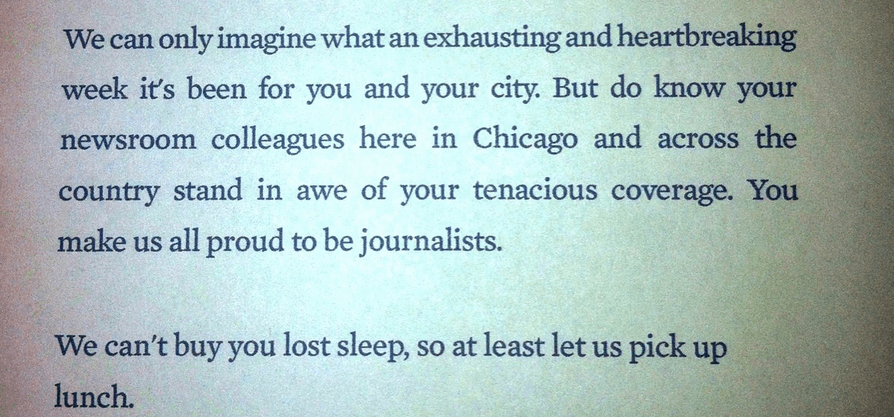
Tom Rowley is the Executive Director of A Rocha USA (uh-RAW-sha, Portuguese for “the rock”), an international Christian conservation network active in 19 countries. For Earth Day, we spoke with Rowley about A Rocha’s distinctly Christian vision for environmental stewardship.
Let’s start at square one: Why is environmental stewardship something Christians ought to care about?
It’s a perfectly legitimate question to ask, but I want to turn it around and say instead: Give me one good reason why Christians shouldn’t care about God’s creation. The reality is that the biblical case for stewardship is absolutely solid. The connection between the poor and the environment is obvious. The ramifications for our Christian witness are huge.
So why do you think many American Christians are still hesitant to embrace environmental stewardship?
There’s a set of unholy obstacles that prevent us from caring about all that God created—obstacles like politics, fear of science, bad theology and plain old greed. We as a church, particularly in the United States, have fallen prey to these traps to justify staying on the sidelines—remaining quiet about environmental concerns or even being actively opposed to efforts to care for creation.
But I’d argue that politics, fear of science, and even bad theology, are often just an excuse for not caring about creation. The real reason, underlying it all, is that we realize environmental stewardship is going to impact how we live our lives. If we take it seriously, it’s going to demand that we become more thoughtful about what we buy and eat and own and live. It asks something of us, and not many of us are big on sacrifice—even when that sacrifice comes with great blessing.
You mentioned the connection between the environment and the poor. Would you say this is a good starting point for Christians who care about the sacredness of human life and are concerned about the “least of these” around the world?
Yes. Poverty, hunger, disease, human trafficking—all of these issues have a very direct connection to the health of the non-human creation. We’re created in God’s image, unique amongst the rest of creation. But all of the creation is sacred because it was all created by God, is cared for by God and glorifies God. All of creation sings God’s praise and all of it is authored by him. Its flourishing depends upon our management and our flourishing depends upon its provision. It’s a false delineation to think we can separate humans from the non-human creation. Yes, we are special because we alone bear God’s image, but we also shouldn’t forget our common creatureliness.
Anecdotally, it seems more and more Christians are beginning to embrace the biblical call to environmental stewardship. Do you agree?
Yes, the hopeful thing is that the evangelical church is really awakening to this issue. But the next question is: As the church awakens, what are we going to do about it? The danger is for this to just become another box to check, like “I recycle.” Check. “I drive a Prius.” Check.
But stewardship needs to be so much more than that. Colossians 1:15-20 tells us that all things are made by God, sustained through God, exist for God. Christ redeems and reconciles all things … and we get to play a part in that. Christ’s reconciliation is carried out, in part, by the way we live our lives right where we are. God has put each of us, as part of his church on earth, in a particular place. We are to minister not just to the people of that place, but to the place itself.
That’s the vision of A Rocha: Christian people, living in community and doing hands-on conservation work and environmental education so people can see the gospel in action. We seek to help followers of Jesus live as agents of shalom to the place in which they live—all the way down to the dirt, so to speak.
You’ve drawn a strong connection between our outward environmental stewardship and our inner spiritual lives. How would you describe this relationship?
I feel really passionately about communicating that, yes, environmental stewardship is a “have to” in the sense that the Bible clearly commands us to care for God’s creation. But it’s also a “get to.” It’s a privilege. And there is such joy that comes from faithful obedience, whether it’s caring for the environment or ministering to a sick friend. There’s absolute joy, there’s blessing, in living as we’re designed to live.






















